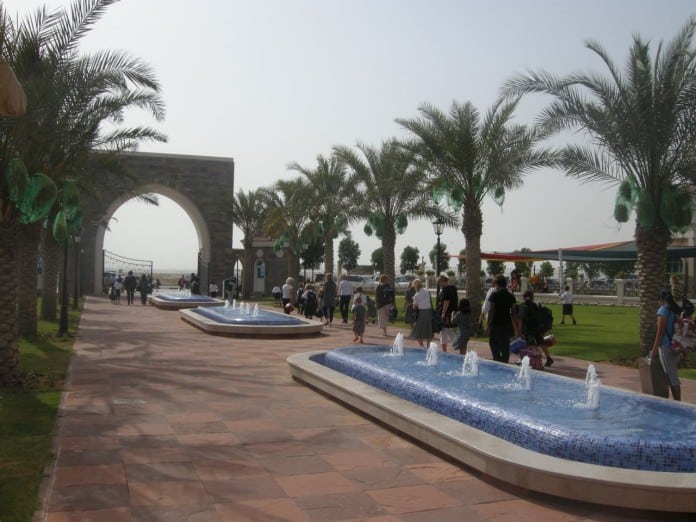
High tuition fees in private schools are one of the biggest expenses of households in Dubai, but now some parents hope for reduction in fees. It’s based on the latest figures, released by the Knowledge and Human Development Authority, which show that the growth in school enrollment has fallen this year. This means less competition for seats between students and possibly, a reduction in tuition fees.
On Sunday, the Knowledge and Human Development Authority (KHDA) released data, revealing that while last year enrollment in private schools increased by 8.3 percent, in the 2014-2015 academic year, it grew by only 4.7 percent. It terms of numbers, this is approximately 11,493 new students now, compared to 18,616 last year. However, there are now more pupils – 255,208, while there were 243,715 last year. Still, there are seats in schools, according to the KHDA, as 11 new institutions opened doors. This brings the total number of seats in schools to 292,301, meaning there should be nearly 40,000 seats.
Probably the biggest reason why tuition fees are so high, especially in more respected and preferred schools, is the fact that there are more pupils applying than seats. The fierce competition prompted schools to raise fees, while at the same time hundreds of children remain in waiting lists for a seat to open. But the official statistics show that there shouldn’t be a problem, at least at first sight. There’s enough room for every single student, right? So, isn’t it logical for schools to reduce their fees to attract more pupils?
Not exactly. In fact, it’s not so simple. The KHDA cites the total number of educational institutions, including kindergartens. It also includes all kind of schools – with American, British, International Baccalaureate (IB), Indian, and other curriculums. And not all schools and kindergartens are equally preferred, which is evident from the figures that say IB schools are nearly full (at 93.3% of their capacity), while American schools still have plenty of seats (at 86.1% capacity). Indian curriculum institutions are also popular as they are 88.6 percent full, followed by schools with British educational programs which are at 87.5 percent capacity. Across all institutions, 87 percent of seats have been filled. Meanwhile, most of the students go to British (33%) and Indian (31%) schools, while 18% of the pupils study in American-curriculum schools.
And while these numbers are determined by the number of the different language-speaking communities in Dubai and the number of schools they are most likely to prefer, schools’ popularity is also influenced by the quality of education they offer. The schools, which are nearly full, are those rated by the latest inspections as outstanding, good or acceptable. They are 98.5 percent full. In comparison, unsatisfactory schools achieved 79.5 of their capacity, and those that haven’t been rated yet, achieved only 42.3 of their capacity.
From these figures we can easily conclude something we already knew – the better the school, the bigger its popularity among expat families (kind of). But most importantly, the costliest schools are usually the most preferred by pupils and their parents, and they are really almost full. So, the fact that there are around 40,000 open seats in private schools in Dubai isn’t relevant – they are mostly in low-quality, unsatisfactory or brand-new schools.
Overall, reduction in tuition fees isn’t very likely. It’s simply not logical, even if we consider the latest change in the educational system. In February the Ministry of Education announced that pupils will have 14 additional holiday days. So, from 2015-2016 academic year, there will be only 175 instructional days, compared to 189 currently. In other words, parents will pay the same fee (or more) for fewer days of their kids’ education and care. This is basically to pay for 10 bottles of water, but instead of receiving 10, you only get 8.
This isn’t fair and parents have every right to ask for a reduction in tuition. Unfortunately, they probably won’t receive one.




































